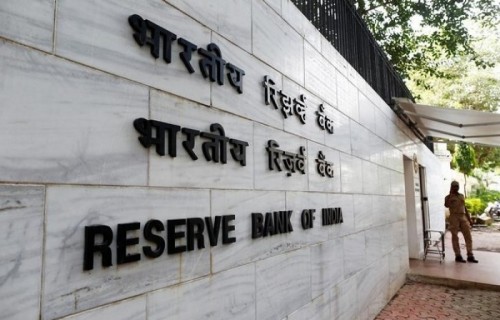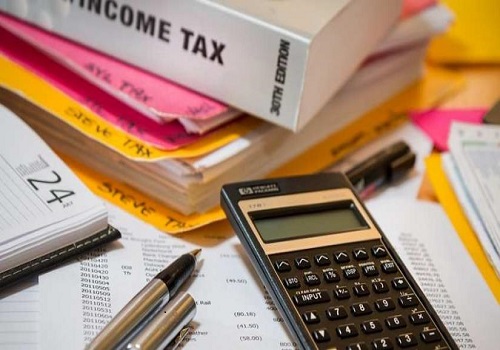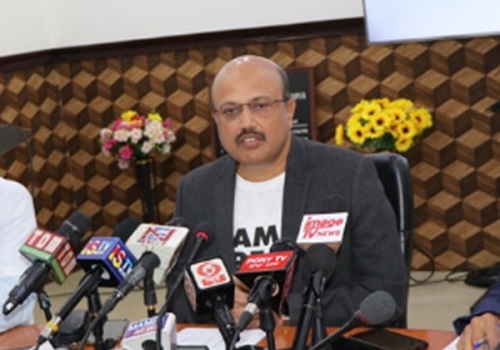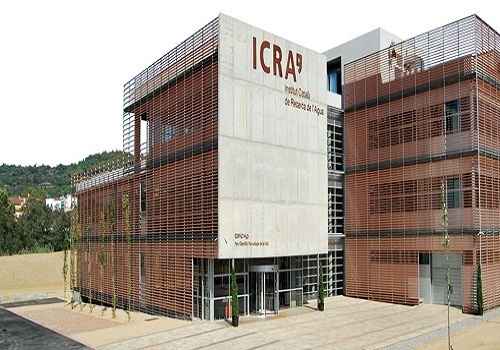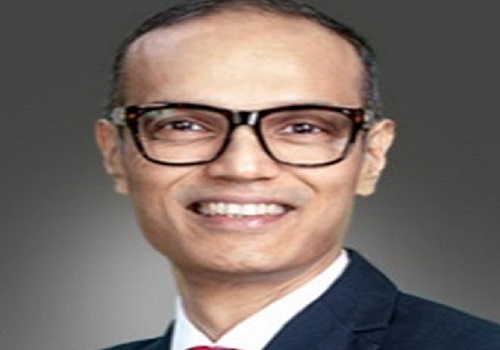India has 2-3 years window to capitalise on global strategy of de-risking from China: NITI Aayog CEO
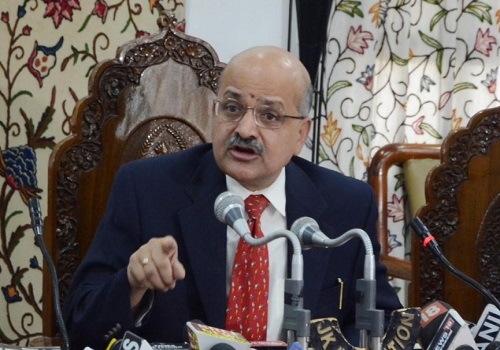
Follow us Now on Telegram ! Get daily 10 - 12 important updates on Business, Finance and Investment. Join our Telegram Channel
NITI Aayog CEO Subrahmanyam has said that India has a two-to-three-year window to capitalise on the global strategy of de-risking from China and the government needs to be very alert to come up with a set of policies that make the shift of businesses to India attractive and easier. He further said India is in a sweet spot due to the outcome of geopolitics and the fact that the country has a young working-age population. He said 'so I think, in the next 15 to 20 years time span, India has an opportunity in manufacturing. But the opportunity and the window for India is at best two to three years, because supply chains are unwinding, they're becoming shorter, and they're looking for new geographies. This is going to be a two-three year phenomenon, and then supply chains will get frozen.’
Subrahmanyam pointed out that it is not just non-Chinese companies but even Chinese companies which want to move out of China because of labour shortages. They are having a shortage of demand because there is a population shift in terms of the age, a shortage of labour supply, the rising cost of labour and the stressed capital markets. Noting that the capital market system is under stress in China, he also said it is a very clear signal to big MNCs from their capitals that de-risk from Beijing. He emphasised ‘so even if global trade does not grow in total, there could be a shift in trade from one geography to the other. So that is something which India can capitalize in the short run.’
NITI Aayog CEO also pointed out India's customs rule doesn’t allow import of used goods when companies shift the factory as they move pre-owned stuff. On the carbon border adjustment mechanism (CBAM), he said Indian companies need to adapt fast to the carbon tax if the major markets are moving in that direction. He added that ‘the fights will be fought by the government at the international level. But at the bottom level, for survival’s sake, I think companies will need to adjust and the government would have to come up with policies to facilitate that.’



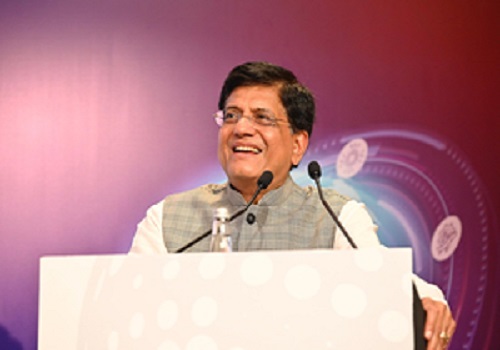

.jpg)







